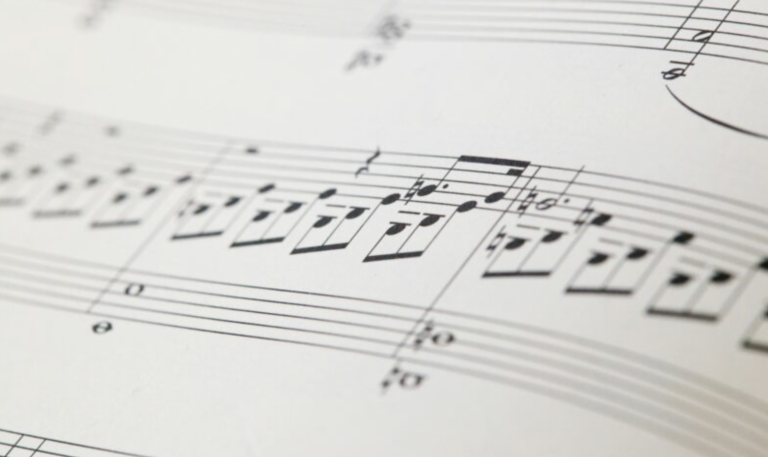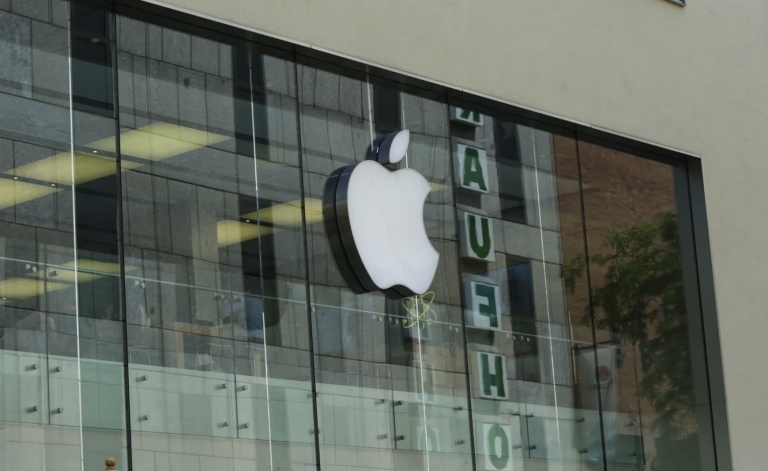
Streaming service Deezer reports that fully AI-generated music now makes up 34% of its daily track deliveries. The company receives over 50,000 fully AI-created tracks each day. As a result, Deezer has acted quickly to protect discovery and artist income.
Detection and Moderation
Since January, Deezer has used a proprietary AI detection tool to find and tag synthetic tracks. Moreover, the company filed patents for the technology in December 2024. Consequently, Deezer removes 100% AI-generated tracks from algorithmic recommendations and editorial playlists. It also filters suspected fraudulent plays out of royalty payments. Indeed, the company says up to 70% of plays for these tracks are fraudulent, so it excludes those streams from payouts. Nevertheless, fully AI tracks still account for only about 0.5% of total streams, although uploads are accelerating.
Deezer’s latest numbers suggest the platform receives about 147,000 new tracks daily, up from roughly 107,000 in September. This jump reflects a broader flood of low-quality or “AI slop” uploads hitting streaming services. Rival platforms have responded in kind; for example, many have deleted millions of spammy tracks and tightened AI policies. Additionally, Deezer shares its detection tool with partners. For instance, Billboard now uses it to identify AI-generated songs for chart purposes.
Public Opinion
Public opinion strongly favors transparency. An Ipsos survey across eight countries with 9,000 respondents found 97% of listeners could not tell AI tracks from human-made music in blind tests. Furthermore, 80% want fully AI-generated songs clearly labeled. Many respondents also object to AI models training on copyrighted material without artist consent. In addition, large shares worry that synthetic music will harm creators’ earnings and future opportunities.
Deezer’s CEO Alexis Lanternier frames the company’s actions as leadership on transparency and protection for creators. Therefore, the platform emphasizes detection, explicit tagging, and exclusion from recommendations as practical defenses. These steps aim to curb fraud, protect royalties, and preserve discovery for real artists. Finally, as upload volumes continue to rise, clear labeling and robust detection will likely become standard expectations from both listeners and the industry.








